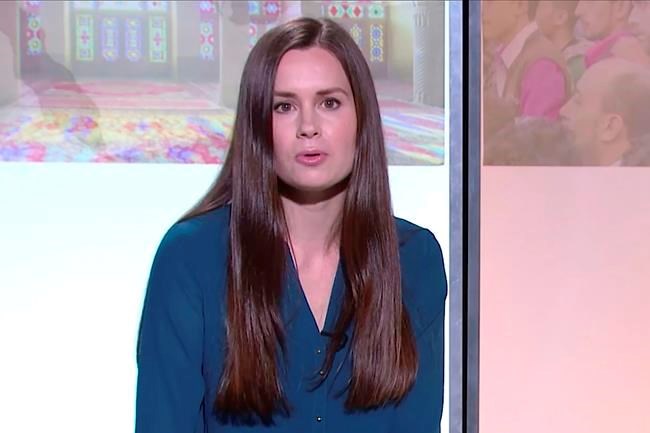CANBERRA, Australia — British-Australian academic Kylie Moore-Gilbert arrived back in Australia on Friday and will soon reunite with her family after more than two years in an Iranian prison.
Moore-Gilbert was met by public health officials and members of the Australian
Foreign Minister Marise Payne has said Moore-Gilbert, 33, will have to undergo quarantine due to COVID-19 concerns.
The academic from Melbourne University was released after 804 days behind bars on spying charges. She was freed in exchange for the release of three Iranians who were held in Thailand.
Australian media reported on Friday that Iranian authorities had detained her after discovering she was in a relationship with an Israeli citizen, which led to claims she was a spy for Israel.
Fairfax Media reported that the Australian government played a crucial behind-the-scenes role in bringing Thailand to the table and engineering the prisoner swap.
Fairfax said the discovery of Moore-Gilbert’s Israeli boyfriend led to Iranian authorities stopping her at Tehran's airport as she was about to leave the country in 2018 after attending an academic conference. Authorities sentenced her to 10 years in prison for espionage. The Australian government and Moore-Gilbert rejected the allegations as baseless.
Fairfax Media cited unidentified Australian government sources as saying the at-times delicate negotiations took more than six months.
In Bangkok, Thai officials said they transferred three Iranians involved in a botched 2012 bomb plot back to Tehran. While they declined to call it a swap and Iran referred to the men as “economic activists,” the arrangement freed Moore-Gilbert and saw the three men, who were linked to a wider bomb plot targeting Israeli diplomats, return home to a hero’s welcome.
They wore Iranian flags draped over their shoulders, their faces largely obscured by black baseball caps and surgical masks. It was a sharp contrast to other prisoner exchanges Iran has trumpeted in the past, in which television anchors repeatedly said their names and broadcasters aired images of them reuniting with their families.
In Australia, Prime Minister Scott Morrison said Thursday he was “thrilled and relieved” that Moore-Gilbert had been released but added that it would take time for her to process her “horrible” ordeal.
“The tone of her voice was very uplifting, particularly given what she has been through,” Morrison told Australia’s Network Nine.
Despite her ordeal, Moore-Gilbert said in a statement that she had “nothing but respect, love and admiration for the great nation of Iran and its warm-hearted, generous and brave people.”
Asked about the swap, Morrison said he “wouldn’t go into those details, confirm them one way or the other.” However, he said he could assure Australians there had been nothing done to prejudice their safety and no prisoners were released in Australia.
The Associated Press


